
UPDATE | 2023年07月10日
日本留学試験(EJU)を受験したことがある元留学生として、受験したからこそ分かる、試験で非常に役に立った「コツ」を皆さんにだけこっそり伝えるシリーズ!今回は目標設定と日ごろの勉強を中心でお話していきます。
以前の記事で、EJUの情報について解説したことがありましたので、試験概要や日程、費用、試験成績を入試に使用する方法などが気になる方は、こちらの記事も確認してみると良いでしょう!
https://www.studyjapan.jp/topics/shingaku/eju.html
勉強を始める前に目標を設定することは、自分の勉強量を設定することにも、意欲を高めることにも役立ちます。特に、EJUにおいては次のような目標を決めると、入試だけでなく、入学後も役に立ちます。
早すぎるのではないか?と思われるかもしれませんが、実は多くの学校がEJUの点数に基準を設定していて、それを募集要項で公開しています。そのため、志望校がどのような条件を求めているかを確認すると勉強計画を立てることにとても役立ちます。日本人の学生とは異なり、留学生は「私費外国人留学生入試」の制度を使う場合が多いと思いますので、私費外国人留学生入試用の募集要項を確認すると良いでしょう。
また、この「募集要項」を確認すると、EJU以外にどのような条件が必要なのかを知ることができます。英語試験の点数や面接、筆記試験の有無など、入試の詳細が載っていますので、受験する大学が要求するものをしっかり把握したい方は、文字が多くて大変ではありますが、募集要項を熟読してみるととても役に立つと思います!
実は、EJUには奨学金制度があります。優秀な成績をおさめた受験生の中で、日本の大学、短期大学、高等専門学校又は専修学校専門課程に正規生としての入学を予定している方々に、月額48,000円(例年)を支給する制度です。この奨学金は返す必要が無い、給付型の奨学金となっているため、経済的な面でお悩みを持っている場合は、積極的に利用すると良いでしょう。
私の場合(2018年受験)は、6月の試験で1年受給予約者、11月の試験で4年受給予約者として選ばれ、実際に大学生の間は奨学金とアルバイトで生計を立てていました。
奨学金の受給者に選ばれた場合は、日本学生支援機構(JASSO)のホームページから受験番号で通知されるとともに、郵送で通知が来ます。受給においてはいくつか制約もあるため、奨学金を目指してみたい方は下記のリンクから確認してみましょう!(※2023年5月現在)
https://www.jasso.go.jp/ryugaku/scholarship_j/shoreihi/yoyaku_eju/index.html
[PR]
いよいよ勉強のお話ですが、塾や他のサイトでも教えてくれるような内容はわざわざお話しません!勉強を頑張れるようになった方法、もっと得意にさせてくれた方法など、受験の経験から得られた私だけのEJUのコツを、いくつか紹介します。
本をただ読むのではなく、あえて「読んでみよう」と書いたのは、それが日本語を勉強している学生にとって、非常に大変なことでもあるためです。実際、私が読み始めたときは、1時間かけてやっと1ページを読めていました。
ですが、JLPTなど他の日本語試験もそうですが、特にEJUでは17題25問という膨大な量を40分で解くため、「速読」、速く読む力が大事です。
本を読んでいくと、知らない単語を覚えられるのはもちろん、日本語で書かれた文章を読むことに「慣れる」ことで、読む速度が速くなるのです。こうなると、読解の問題を解くのにかかる時間も、自然と短くなり、40分内に収まるようになります。
また、将来大学や専門学校などで勉強する際にも、専攻の本を読むと思いますが、その時のためにも、とても役立つトレーニングだと思います。皆さんもぜひやってみましょう。
実は、日本のニュースを見ると、「日本語」だけでなく、「総合科目」の勉強の役に立ちます。
ニュースでは、今話題になっている社会現象や、大きな出来事が報道されます。EJUの総合科目の問題では、時事問題(最近起きた出来事や話題のトピックス)が出題されることがあり、その備えになります。また、ニュースの内容によっては、歴史や地理の勉強に繋がり、知識の範囲がどんどん広がります。
また、正確な日本語の発音を聞くとことができるため、日本語科目における聴解や聴読解の練習にもなります。私の場合、ラジオニュースを毎朝聞き、その発音をまねることで、イントネーションの勉強をしていました。実に、聞く練習だけでなく、話す練習もできるわけです。
最近は、テレビが無くてもYouTubeなどでニュースを見ることができますので、ぜひ見てみてください!
アニメは、日本語の聴解の勉強になると周りから進められることも、実際見ている学生も多いかと思いますが、私がお勧めする方法は「繰り返して」見ることです。
日本語は、発音やアクセント、スピードなど、様々な要素が絡み合っていますが、アニメの声は声優によって演じられるため、標準的な日本語の音声を聞くことができます。繰り返し見ることで、慣れ親しんだ表現やフレーズが耳に馴染み、リスニングスキルが向上しますし、単語や文法が頭に残るようになります。
また、勉強で疲れている時でも気軽に好きなアニメを楽しみつつ、知らず知らずのうちに日本語の上達ができるため、とても楽な方法だと思います!
これは、テストのコツでもよく言われることですが、実は勉強においても重要なことです。勉強できる時間と集中力には限界があり、それを超えると効率が落ちるため、休む必要があります。わからない問題といつまでもにらめっこをしていると、時間も集中力もその問題に吸い取られてしまいます。
そこで私は、そのような問題で悩むのは3分だけと、解く時間以外の悩む時間を決めて勉強していました。では解けなかった問題はどうするかというと、割り切って解説を見たり、先生に聞いたり、一緒に勉強する友達に相談したりしていました。
この方法を使うと、効率よく解けなかった問題も知識として吸収できます。
今回は、筆者の経験をもとに、EJUを勉強する前の目標設定と、勉強のコツについて解説しました。私の目標設定と勉強法が皆さんのお役に立てば何よりです!
次回は私の受験経験をもとに、EJUの本番間近と、本番の時の注意点を解説する予定です。次の記事もご期待ください!

韓国の城南(ソンナム)出身。2019年に来日し、2023年に名古屋大学農学部を卒業。大学では有機化学を研究、現在は以前から関心を持っていた留学生の進学・就職の支援に携わる。日本の文化・歴史・交通・街づくりが好きで、学生時代には47都道府県全てに旅行。一番好きな都道府県は北海道。
[PR]
[PR]